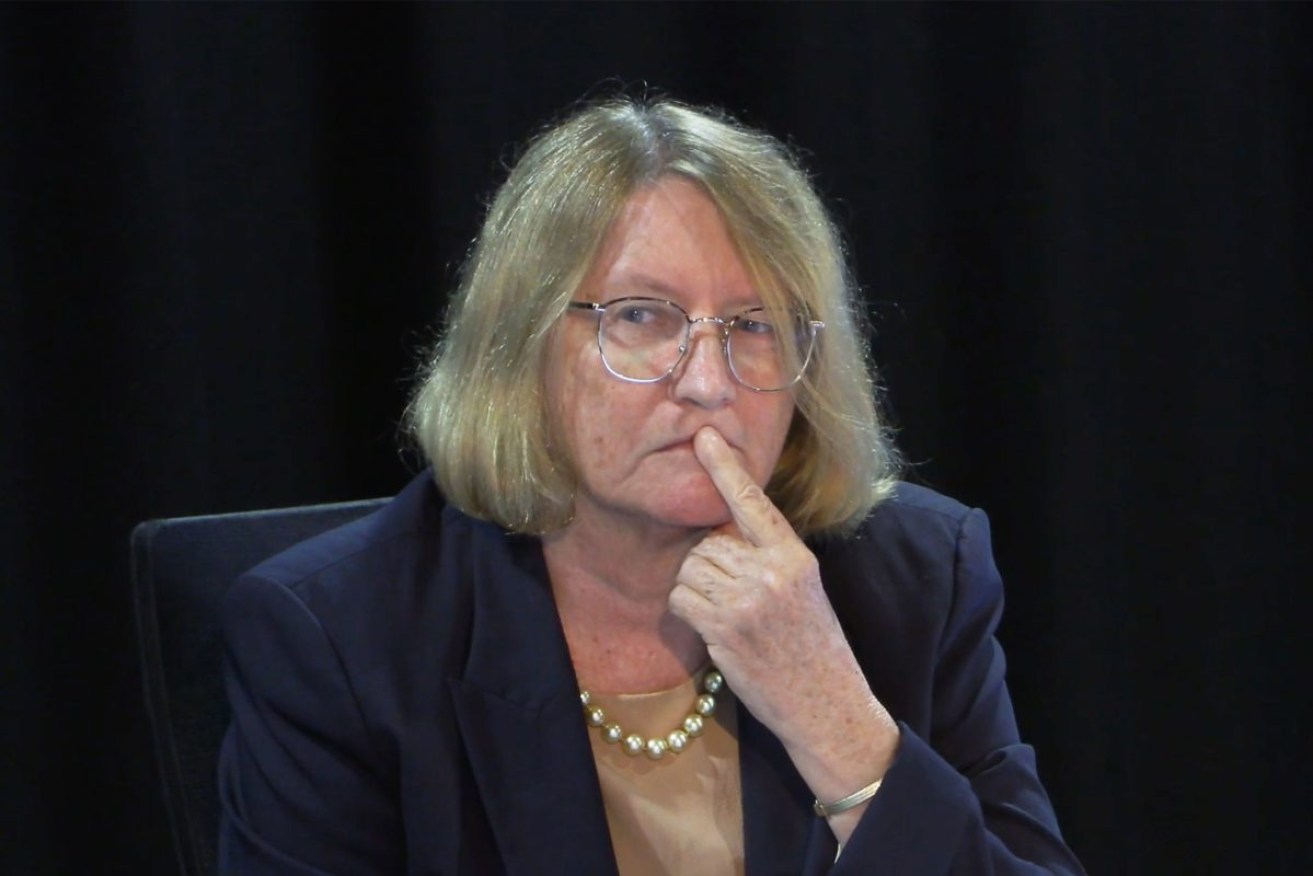Robodebt public servants face prosecution after royal commission report
Senior figures behind the illegal robodebt scheme will be referred for civil and criminal prosecution, with the royal commissioner lashing “dishonesty and collusion” behind the Centrelink program.

Robodebt Royal Commissioner Catherine Holmes's 990 page report includes recommendations for civil and criminal prosecution. Photo: AAP/Supplied
Former Queensland chief justice Catherine Holmes on Friday handed a 990-page report containing 57 recommendations to Governor-General David Hurley.
The report also included a sealed chapter that is not part of the bound report.
“It recommends the referral of individuals for civil action or criminal prosecution,” Holmes said in the report.
“I recommend that this additional chapter remain sealed and not be tabled with the rest of the report so as not to prejudice the conduct of any future civil action or criminal prosecution.”
The commissioner has also referred parts of her report to the Australian Public Service Commission, the National Anti-Corruption Commission, the president of the Law Society of the ACT and the Australian Federal Police.
“It is remarkable how little interest there seems to have been in ensuring the scheme’s legality, how rushed its implementation was, how little thought was given to how it would affect welfare recipients and the lengths to which public servants were prepared to go to oblige ministers on a quest for savings,” she wrote.
“Truly dismaying was the revelation of dishonesty and collusion to prevent the scheme’s lack of legal foundation coming to light.”
The former coalition government launched the scheme to “detect, investigate and deter suspected welfare fraud and non-compliance” in mid-2015 in an effort to save billions of dollars.
The scheme – which became known as robodebt – issued debt notices to people identified through a process called income averaging, which compared reported incomes with tax office data.
More than $750 million was wrongfully recovered from 381,000 people under the scheme.
Victims told the royal commission of their trauma and fear as they received notices and debt collectors made contact.
The inquiry also heard evidence of bureaucrats ignoring serious questions and advice about the legality of the scheme.
The scheme was ruled unlawful by the Federal Court in 2019.
A settlement of $1.2 billion was reached between robodebt victims and the then-government in 2020.
Launched in August last year, the commission issued 200 notices to give information and 180 notices to produce documents.
The federal government produced over 958,000 documents in response.
The inquiry held 303 hours of hearings with 115 witnesses and 1099 submissions were received.
Prime Minister Anthony Albanese said ahead of the report’s release the government would take the time to give a “considered response”.
“It should never have happened and the important thing is that it never happened again, because this was a human tragedy with real consequences for people,” he said.
“The cabinet has made a decision that will release it (the report) straight away so that the public can examine it.”
Lifeline 13 11 14
beyondblue 1300 22 4636
-with AAP




